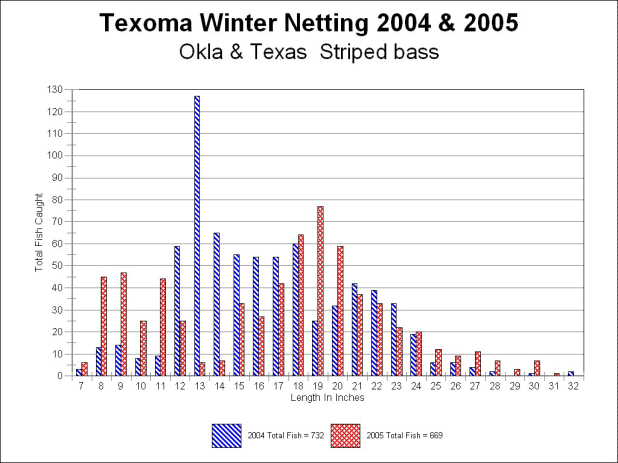This earlier question asks about the omissibility of 'the' before 'most' in this example:
(The) most tuna are caught in early November.
The only answer there (by David Schwartz) that has received 16 votes basically says that 'the' can be left out but only with a different meaning:
The answer says that, with the definite article present,
'most' is a superlative meaning "the amount that is greatest"
and that, without the definite article,
'most' is an intensifier meaning "more than half".
Regarding the meaning of the version without the definite article, I think I agree that 'most' without 'the' can mean "more than half", but I think that it can also mean "greatest in amount" (a superlative reading) depending on further context.
But I've come across similar examples in CaGEL*, which basically says the two versions mean the same thing and that most without the is also a superlative:
[21id] Pat made [the most mistakes]. (p 1167) [Note: boldface indicating a DP functioning as determiner in the NP]
...
The most of [21id], however, is the inflectional superlative of many, and here the most forms a DP functioning as determiner in the NP; this the is optional and cannot be replaced by a genitive or demonstrative. (p 1168)
...
[23v] It was Kim who attracted [(the) most attention]. (p 1168) [Note: boldface indicating a DP functioning as determiner in the NP]
...
No such factors apply in [23iii–v], and here the can be omitted. Note, however, that its omission does not result in a change of meaning – in particular, there is no change from definite to indefinite. In [v] the is part of the DP, as in [21id] above. (p 1169)
What I'd like to know is whether: (1) David Schwartz's answer is correct or 'most tuna' without 'the' can also have a superlative reading (as I suspect); and
(2) most in [21id] and [23v] of CaGEL can also be interpreted as "more than half" when the is omitted, despite CaGEL's claim that the meaning is the same (only superlative reading) with or without the.
*The Cambridge Grammar of the English Language by Huddleston & Pullum

